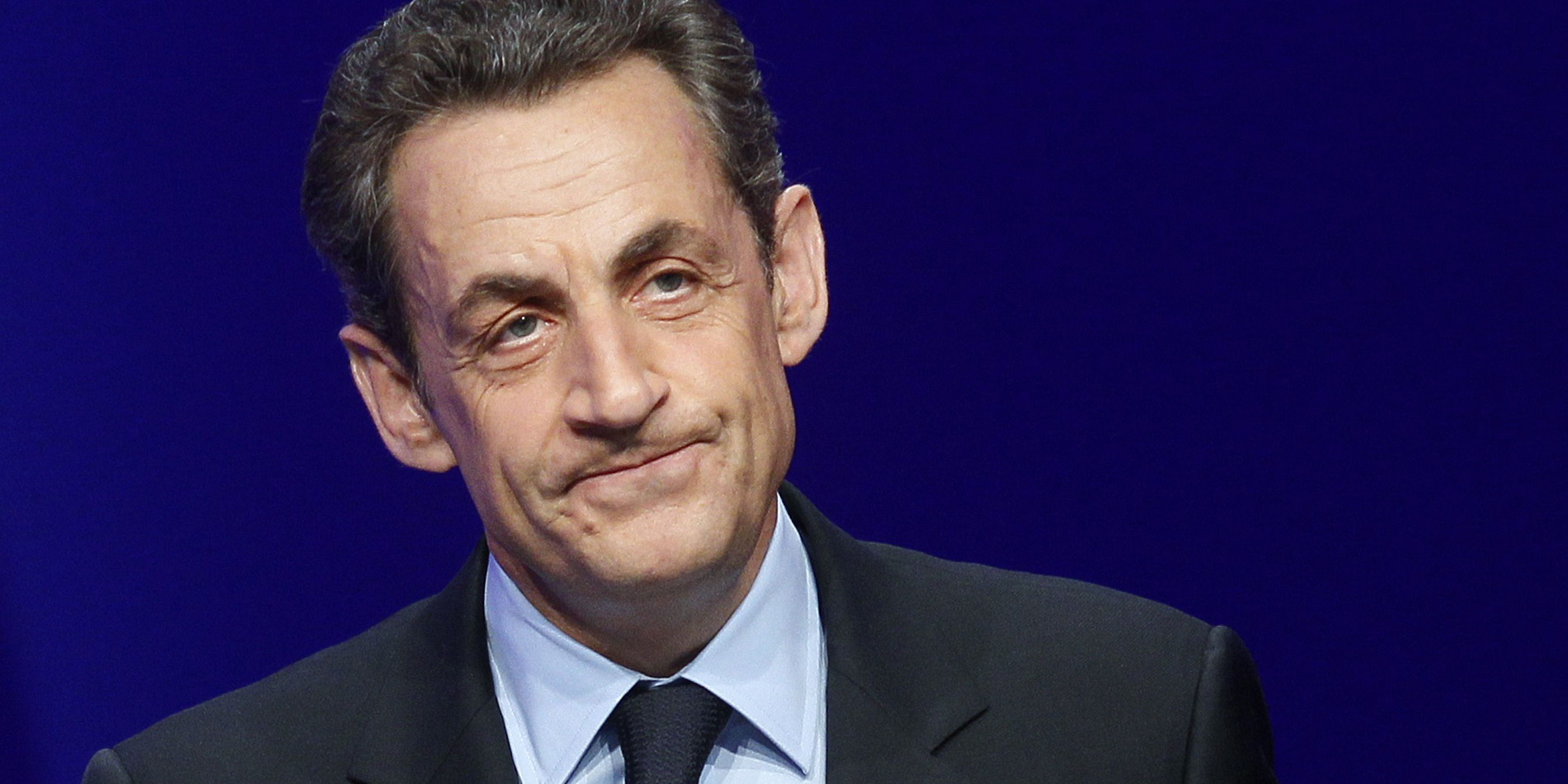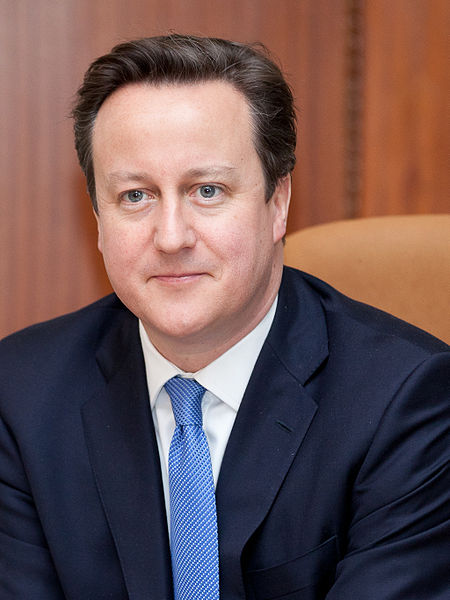Recently released phone recordings may indicate Sarkozy’s corrupt involvement with the French government and justice system. As the latter institutions are placed under tight scrutiny, public suspicions of upper class corruption are at an all time high. Sarkozy’s alleged bribery of various, high-ranking individuals are but the latest in a series of scandals that bring into question the ability to hold leaders accountable for their actions.
Public distrust of Sarkozy began in 2005, when he was accused of racism against the Roma community. Immigration officers were ordered to dismantle illegal Roma camps and carry out forced returns to Bulgaria and Romania, where Roma individuals face heavy discrimination. These moves lead to a devastating popularity loss that cost Sarkozy his re-election campaign in 2008. As pointed out by critics: “More than 60% of people voting for Hollande say they are going to do it purely to get rid of Sarkozy”.
Steadfast supporters of France’s political right wing were also alienated by Sarkozy’s unprecedented display of the playboy lifestyle. The ex-president’s romance with former supermodel and singer Carla Bruni made headlines around the country. The pair’s wedding and subsequent honeymoon in Egypt spurred article after article in an unprecedented bout of crazed press coverage. For a few weeks, the media spoke only of Sarkozy’s personal life, delving into the details of his past two divorces — a rare move in a country otherwise very protective of political leaders’ private lives.
In 2010, the much publicised Bettencourt affair was the first to pinpoint Sarkozy’s susceptibility to bribery. Several eyewitness accounts reported close personal employees of Sarkozy regularly accepting envelopes from l’Oreal heiress Mrs. Bettencourt. One such envelope was said to have contained 175,000 Euros — a sum well over the 7,500 Euro limit for corporate political donations in France, let alone the 4,000 Euro limit civilians are allowed. While Sarkozy was originally found innocent, his public image was tarnished upon the revelation of phone call he made, offering a luxurious job to a high-ranking justice minister in exchange for political favours linked to the Bettencourt case.
Public reactions to scandals like Sarkozy’s and Bettencourt’s touch on a growing public distrust of big-business and government officials. Social movements seeking a more transparent, democratic system have slowly but surely emerged, asking for justice.
Recent social movements, such as the US campaign for an Anti-Corruption Act, have targeted lobbyists and big businesses for their undemocratic influence on political processes. The campaign asks that government policy put voters first, limiting organisations’ undemocratic ability to influence the system.
Public reactions to scandals like Sarkozy’s and Bettencourt’s touch on a growing public distrust of big-business and government officials. While faith in either entity has never been absolute, one study annually discovered that of all social groups monitored, both CEOs and government officials always ranked as the least trustworthy. Different nations’ sampled faith in government agencies and businesses fluctuated depending on the degree of major incidents that year. States plagued by major scandals, like the USA and France, saw the largest drops in government trust (53 to 37%, and 49 to 32% respectively). Global trends have overall indicated a downwards fluctuation over the past few years.
When a major incident involves both businesses and government, there remains a larger publically perceived onus on the politician. This makes sense given the 84% of the population who believe that businesses, unlike politicians, have a right to pursue their own self-interest (while doing work that promotes society as a whole). This does not mean that the public is against increased business regulation, an oversight that many blame for the 2008 financial crisis. It merely indicates that the public still believes both societal and economic interests can coincide — seemingly more so than political self-interest and societal well being.





